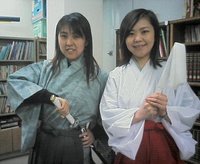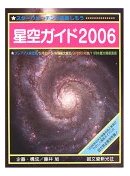You Light Up My Life
Boone is the daughter of a famous singer, Pat Boone, and this song was sold 4 million copies and spent 10 weeks at No.1 on the charts in 1977.
I like it because it has beautiful melody, and it is not just a love song.
You light up my life.
You give me hope to carry on.
You light up my days
And fill my nights with song.
She sings this song imagining God. When she was asked like "When asked who it was that 'lit up her life'?", she answered "It was God."
In Bible, there are lots of representations of "light".
John chapter1
4 In Him was life, and the life was the light of men.
5 And the light shines in the darkness, and the darkness did not comprehend it.
John chapter 8
12 Then Jesus spoke to them again, saying, "I am the light of the world. he who follows Me shall not walk in darkness, but have the light of life."
I want to try this song at the next Karaoke party!




















